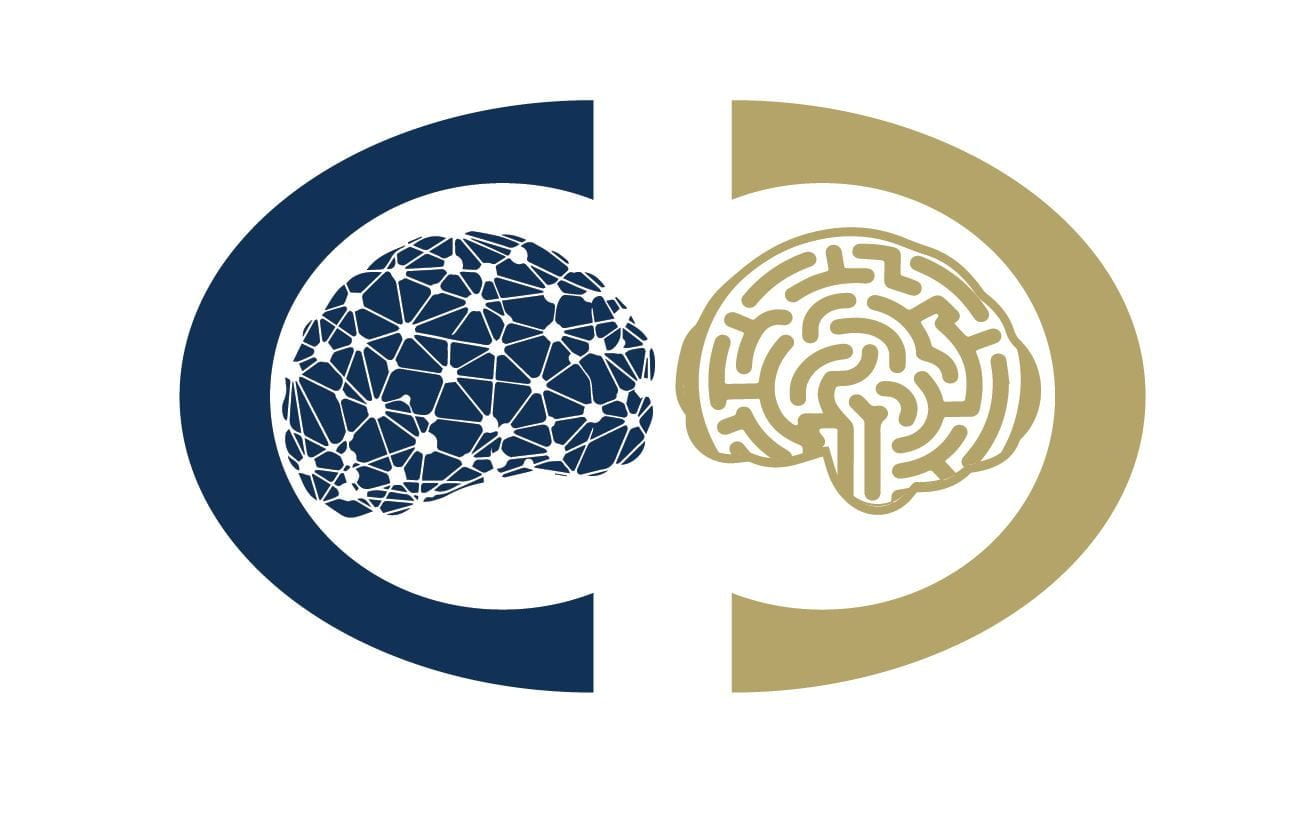Computational cognition refers to the study of the mind and its processes through computational models and simulations. It combines elements of cognitive science, psychology, neuroscience, and computer science. This approach tries to understand how human cognition works by creating computer models that mimic cognitive processes like learning, memory, perception, and problem-solving. By comparing these models’ behavior with human behavior, research in the CoCo Center of Excellence tests hypotheses about how the mind works and gain insights into both human cognition and artificial intelligence.

The Computational Cognition (CoCo) Center of Excellence was established in September 2023. It is housed at the School of Psychology and encompasses faculty members from across Georgia Tech, Atlanta, and the US (see People). CoCo seeks to become a hub for research and education on computational cognition at Georgia Tech and nationally. We hold a monthly talk series (see Big Ideas Chalk Talk series and CoCo Seminars), run a core facility that provides wearable technologies to observe brain and behavior, and perform neuromodulation. CoCo also supports educational initiatives, including a new minor in Cognition and Computation, as well as a planned 2-year Master’s degree in Computational Cognition.
Here are some of the current research questions addressed by the CoCo investigators:
How do neural networks in the brain support cognitive functions?
What computational models best represent human learning processes?
How does the brain integrate sensory information to form a coherent perception?
In what ways do cognitive processes differ between individuals?
What are the computational principles behind language acquisition and processing?
How do neural substrates underpin complex cognitive functions like reasoning and decision-making?
What role does memory play in shaping ongoing cognitive processes?
How can artificial intelligence be used to model and understand human cognition?
What are the computational mechanisms of emotional processing?
How does the brain process and store visual information?
What computational methods can be used to study cognitive development across the lifespan?
How do social and cultural factors influence cognitive processes?
What are the neural and computational bases of consciousness?
How does the brain perform multitasking and manage cognitive resources?
What computational strategies does the brain use in problem-solving?
How can computational cognition contribute to the understanding of mental disorders?
What is the role of feedback and reinforcement in learning and cognitive adaptation?
How does the brain’s structure and connectivity influence its function?
What are the computational correlates of attention and its mechanisms?
How do individual differences in genetics and environment affect cognitive processes?

Become a CoCo affiliate
to receive emails about events, workshops, conferences, seed grants, research and training opportunities. People of all levels are invited to become CoCo affiliates, including faculty, postdocs, grad students, undergraduates, and members of the public.